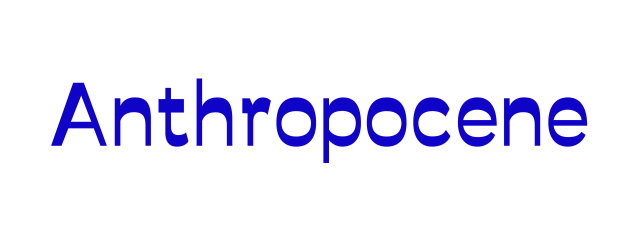Anthropocene
Noun
- The current geological age, viewed as the period during which human activity has been the dominant influence on climate and the environment.
Adjective
- Relating to or denoting the current geological age, viewed as the period during which human activity has been the dominant influence on climate and the environment.
Example Sentences
“The Anthropocene is marked by a dramatic increase in human activity and the subsequent impact on the planet.”
“The calendar might say a certain year, but to geologists, we’re living in the Anthropocene.”
“Human activity is the main hallmark of the Anthropocene era.”
Word Origin
Greek, early 21st century
Why this word?
“Anthropocene,” from the Greek “anthropo” for “man,” and “cene” for “new,” was coined in the 1980s by biologist Eugene Stoermer and popularized in 2000 by atmospheric chemist and Nobel laureate Paul Crutzen. In 2016, a research group known as the Anthropocene Working Group determined that the Anthropocene Epoch started in 1950, coinciding with the Great Acceleration, an age marked by the continuous and dramatic surge of human activity.
top picks in Inbox Studio network
Word Daily is part of Inbox Studio, which publishes content that uplifts, informs, and inspires.











 Subscribe to Better Report
Subscribe to Better Report

